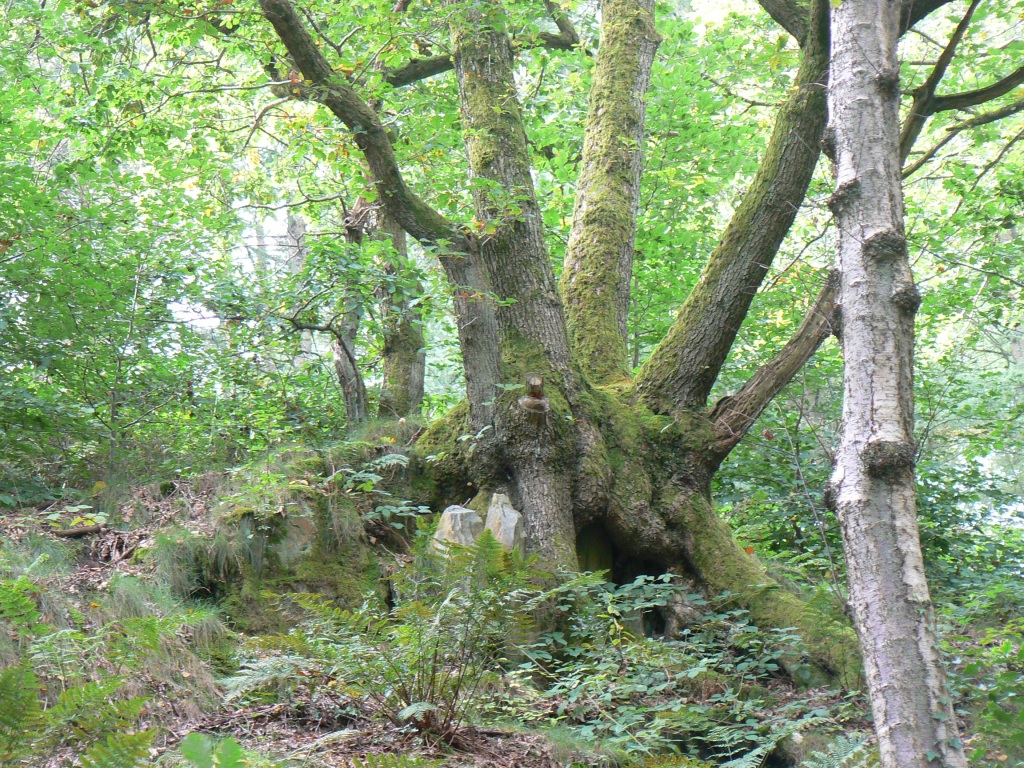
Trouble in the Woods – The new ‘Locust Years’ & the destruction of ancient woodland heritage in the UK
Chaired by Ian D. Rotherham and Ken Smith
A 2-day seminar with the Landscape Conservation Forum Thursday 25 – Friday 26 April 2024
This two-day event begins in Day 1 by celebrating the remarkable and unique heritage of ancient woodlands. To do this we introduce recent and current research in woodland archaeology and management and update on progress since the landmark publication of the ‘Woodland Heritage Manual’ in 2008. Day 2 will focus on the threats to this irreplaceable heritage and ecology posed by current forestry policies and woodland management prescriptions.
Modern Mechanised Forestry: Modern machine-driven management of ancient woodlands is causing widespread damage, erosion, degradation, and destruction of a unique heritage resource. This is on a scale not witnessed since the so-called ‘Locust Years’ (Oliver Rackham) of forestry in the 1960s and 1970s and which peaked with recognition of forestry-led damage to woodlands, peat bogs, and other habitats in the 1980s and 1990s. The latter caused massive public outcry whereas the present demise of what remain of our ancient woods is passing with barely a murmur. This event asks why this major degradation of our most valuable and valued landscapes is allowed, and how come nobody seems remotely aware or concerned. In many cases, centuries of unique heritage (sometimes thousands of years) and associated ecology are being destroyed in just a few days or even hours. These are the remarkable eco-cultural landscapes so treasured and cherished by the late Oliver Rackham, and about which he did so much to raise public and professional awareness. Yet, almost overnight, much of his legacy is being actively erased from the countryside, and not even the organisations that foster his memory take effective action to halt the process.
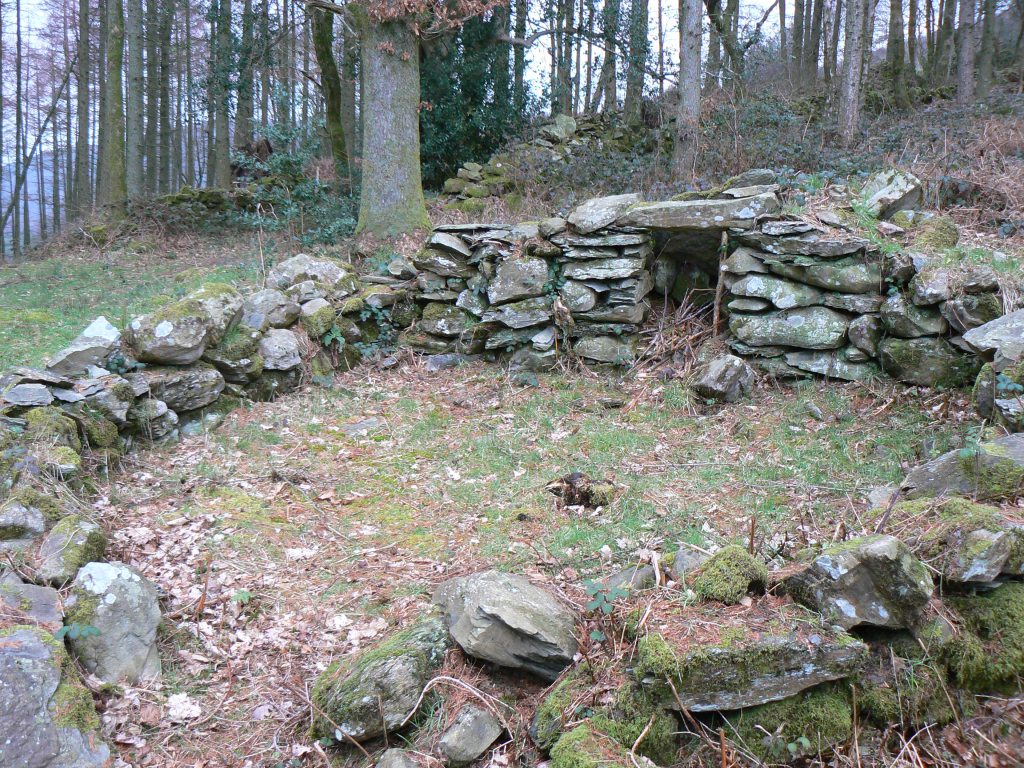
Archaeology of the woods: Most trained archaeologists recognise archaeology in the woods but not of the woods. There is almost no guidance available on the identification and recognition of the woodland resources, and even when they are noted, there is very limited awareness of the extreme vulnerability of the heritage. There are no effective guidelines on how to work on site to safeguard the resource and to conserve the woods. What guidance is accessible is full of weasel words where there is talk of ‘sustainable’ management and ‘sustainable coppice working’ – but with huge mechanical excavators.
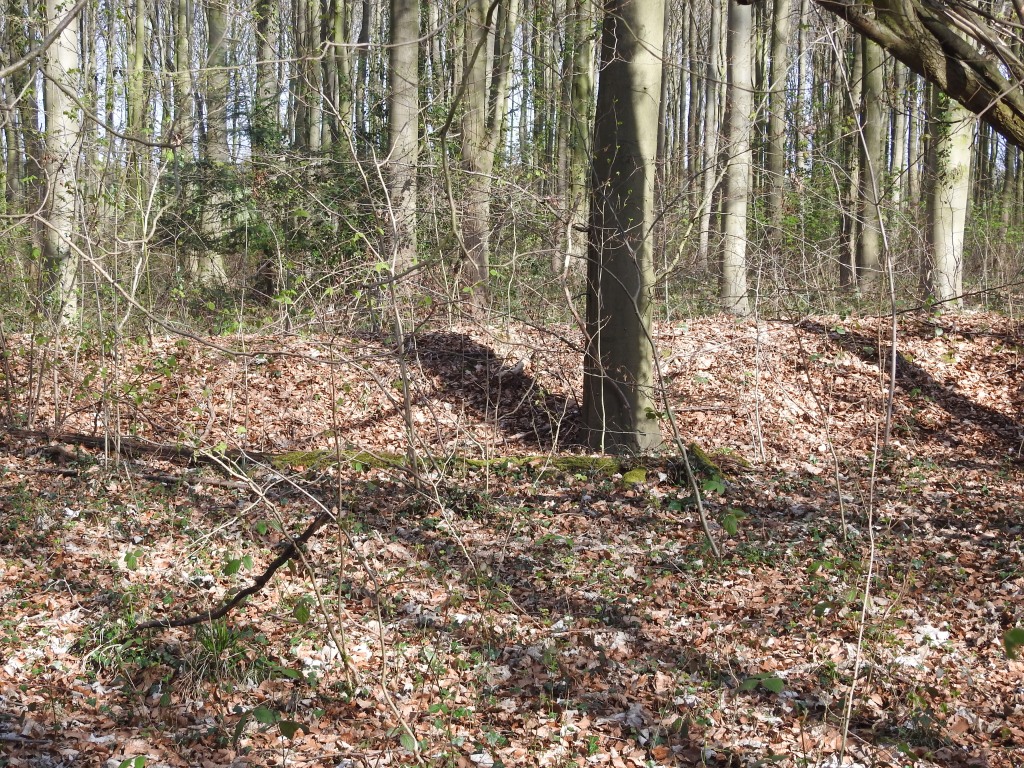
Ancient woods are not pristine ‘natural’ landscapes, but eco-cultural systems ‘worked’ for countless centuries by men and women with oxen and horsepower alone. The communities of woodmen and women left their mark but it was as palimpsests of humanity ingrained into the long-term patina of the ancient countryside. When we walk through an ancient woodland today, we do so in the footsteps, and shadows of the ghosts of these people. The modern ‘worked’ woods involve few people passing through as itinerant machine-drivers before moving on to their next assignment. Great tracked vehicles rip through earthwork heritage, through ecology, through soils, and ancient working trees. Both types of woods are ‘worked’ but the first are ‘traditionally worked woods’ and are now ’ancient woods’. The latter are ‘worked’ but industrially and are no longer ‘ancient woods’ but ‘industrial woods’, different, distinctive, and degraded. Once the antiquity of soils, heritage, worked trees, and vegetation are compromised, then clearly the woodland is no longer an ‘ancient wood’. Oliver Rackham compared this to the ancient medieval wood being like an antique illuminated manuscript on parchment with the notes, scribbles and additions overlaid through countless centuries, a palimpsest. Modern management eroded and erases this to smudge and merge the manuscript and spewing out at the end, a cheap modern paperback novel. The paperback novel type landscape cannot be considered a genuinely ancient woodland ………. This we must recognise.
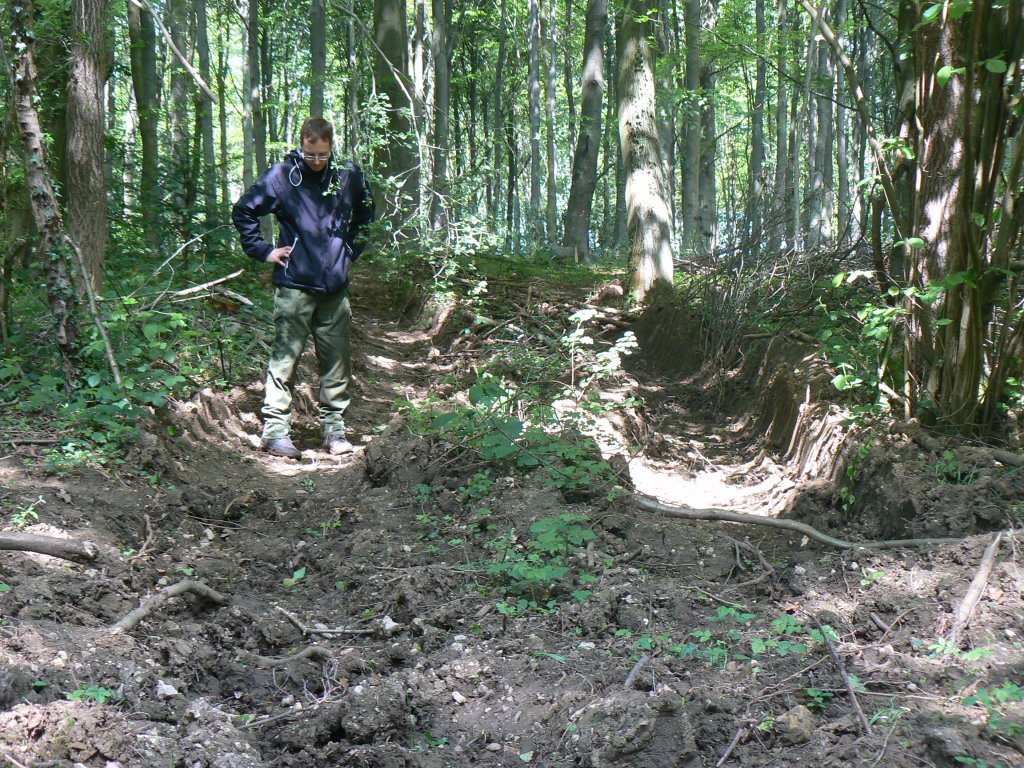
To safeguard and conserve the irreplaceable heritage of the woods we must surely learn to walk more softly in the footsteps of the ghosts of our woodland ancestors.
This 2-day event consists of a 1-day indoor seminar and a linked 1-day hybrid seminar (morning) & field visit (afternoon). Early booking is advised because numbers attending may be limited. The venues are in south Sheffield and nearby North Derbyshire with a field visit will be to the Moss Valley woodlands close to Coal Aston.
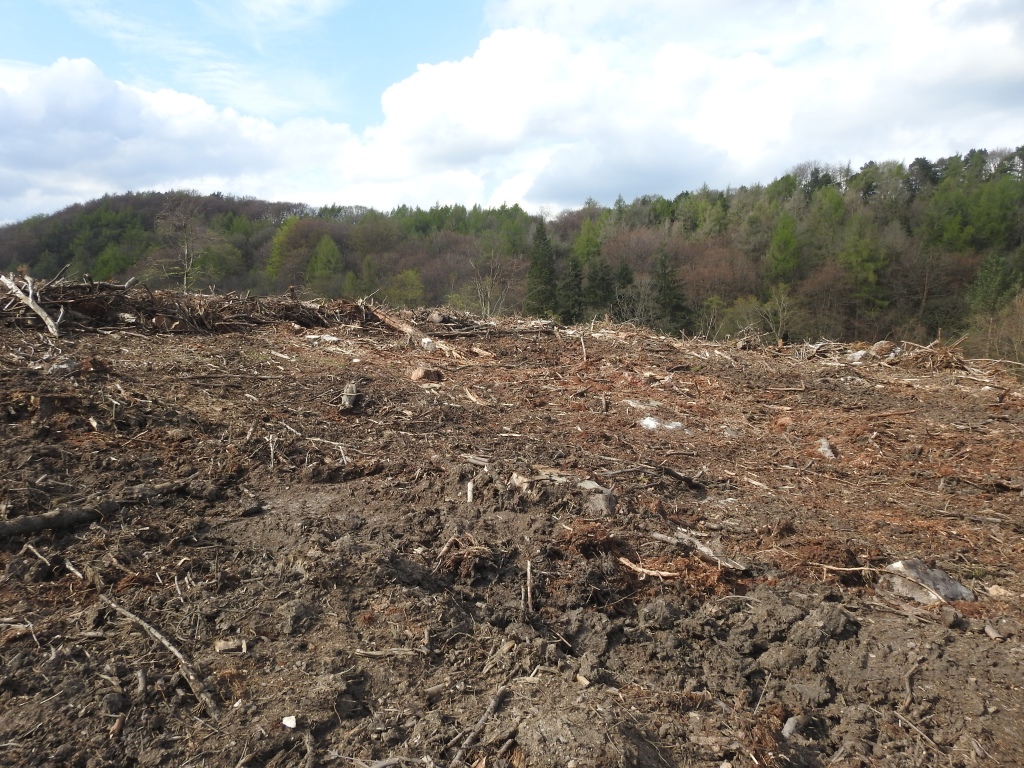
Key issues and themes include the following:
- The unique nature, heritage, & archaeology of ancient woodlands.
- New and emerging research on woodland heritage and archaeology
- The differences between archaeology ‘of’ the woods, and archaeology ‘in’ the woods.
- The limited recognition of archaeology and heritage in woods.
- Links between ancient woodland ecology and heritage.
- The vulnerability of woodland heritage features.
- The challenges facing woodland managers in the twenty-first century
- The need for freely-available information to support site workers, planners, & operatives
- The absence of any due process of guidance for physical management operations in woodland environments.
- The damage done to heritage by modern machine-driven site management of woodlands.
- Shortcomings in the Ancient Woodland Inventory (AWI).
- An industry recognition marque of traditionally worked woods and the separation of industrial woods – and their necessary removal from the Inventory, perhaps replaced by a category of ‘Industrial Woodlands’.
- Asking questions like ‘just how important is that medieval charcoal hearth?’ & ‘why?’
Call & further information:
We are calling for partners, collaborators, and sponsors for the event. There will be a publication based on the papers presented and / or invited. If interested, please contact Professor Ian Rotherham in the first instance: syeconet@gmail.com
Outline programme: Trouble in the Woods – The new ‘Locust Years’ & the destruction of ancient woodland heritage in the UK
Event CHAIRS: Ian Rotherham, Ken Smith, Andy Alder, Christine Handley, Andy Tickle
Thursday, 25th April, Lees Hall Golf Club – New Insights into Woodland History & Heritage
9.15 – 9.50 am Registration
Tea / coffee on arrival
10.00 – 10.10 am Professor Ian Rotherham – Introduction to the day
10.10 – 10.50 am Keynote presentation – Professor Charles Watkins – Woodland History & Heritage*
11.00 – 11.30 am Dr Tim Cockrell – Some latest findings in woodland archaeology in South Yorkshire’s Ecclesall Woods*
11.40 – 12.10 pm David Lovelace – Aspects of woodland history & heritage*
12.20 – 12.40pm Discussion / Forum
12.50 – 13.30 pm Lunch
13.35 – 14.10 pm Andy Gaunt – Recent discoveries in woodland archaeology & heritage in Sherwood & the Dukeries*
14.20 – 14.50 pm James Jesson – The challenges facing a twenty-first century woodland manager*
15.00 – 15.15 pm Discussion / Forum
15.15 – 15.35 pm Tea / Coffee
15.40 – 16.20 pm Professor Ian Rotherham – Often unseen: the remarkable history & heritage of ancient woods, trees, & forests
16.30 – 16.50 pm Discussion / Forum
17.00 pm Close & depart
[*Exact titles to be confirmed]
——————————————————————
Friday, 26th, April, Coal Aston Village Hall, Dronfield – Unique Heritage under threat – the ‘New Locust Years’
9.15 – 9.50 am Registration
Tea / coffee on arrival
10.00 – 10.10 am Professor Ian Rotherham – Introduction to the day
10.10 – 10.50 am Keynote presentation – Professor Ian Rotherham – How current woodland management has triggered the ‘New Locust Years’ for Woodland History & Heritage
11.00 – 11.30 am TBC – A review of damage to woodland & forest heritage in Sherwood and the Dukeries*
11.40 – 12.00 noon Andy Alder – Thoughts on the Moss Valley countryside & its ancient woods*
12.05 – 12.20 pm Discussion / Forum
12.30 – 13.15 pm Lunch
13.20 – 16.20 pm Site field visit
16.20 – 16.45 pm Discussion / Forum
16.50 pm Close & depart
[*Exact titles to be confirmed]
Poster displays welcome
Details & Bookings: https://www.ukeconet.org/titw2024.html
This event is held in honour of four people very involved in the Forum over the last forty years or so:
Dr Frank Spode, Professor David Hey, Professor Melvyn Jones, and Professor Donald Pigott
And to the pioneer of research on woodland heritage and who coined the phrase ‘the locust years’ for impacts of the 1950s / 1960s forestry industry on British ancient woods
Professor Oliver Rackham

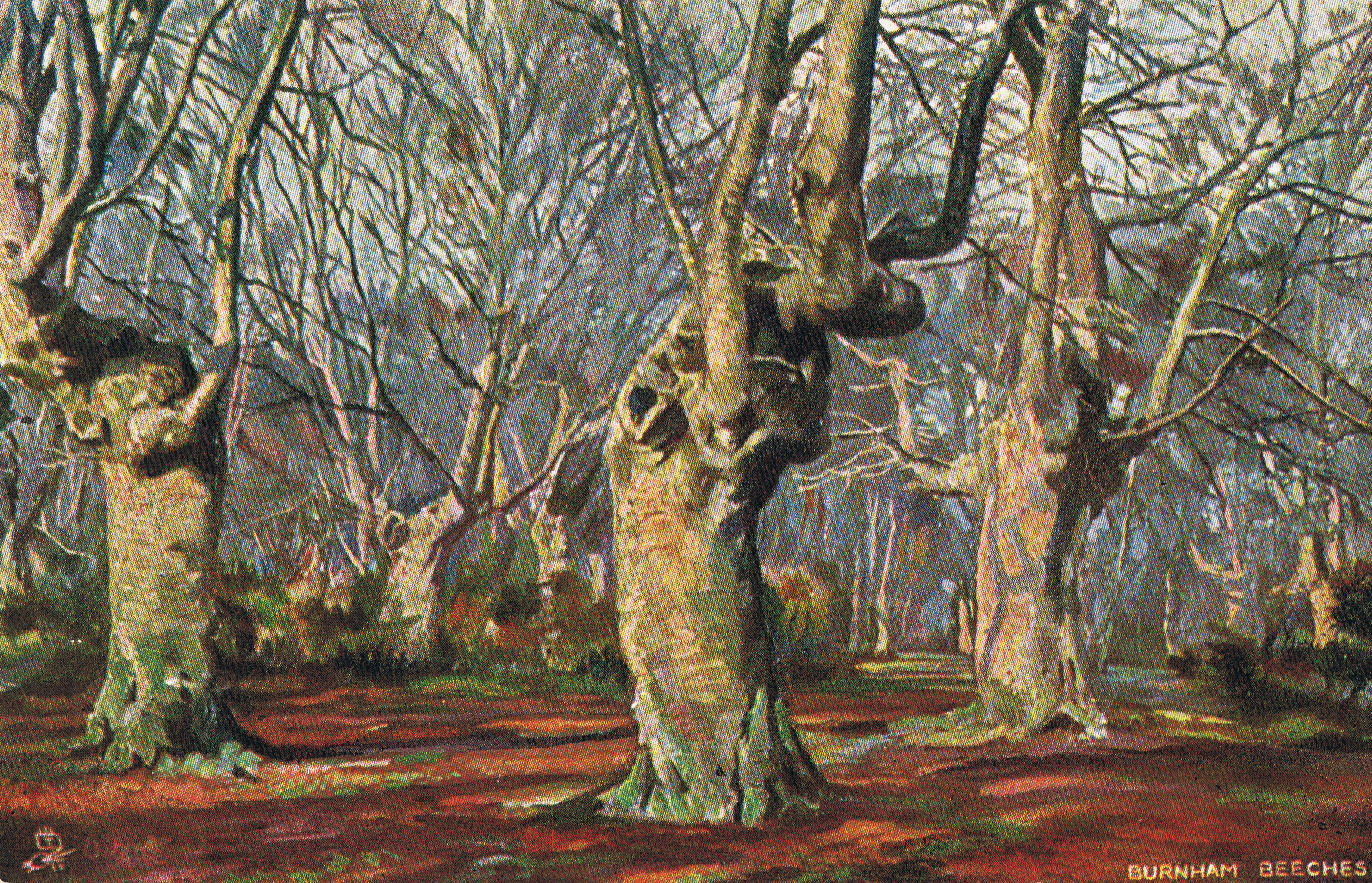
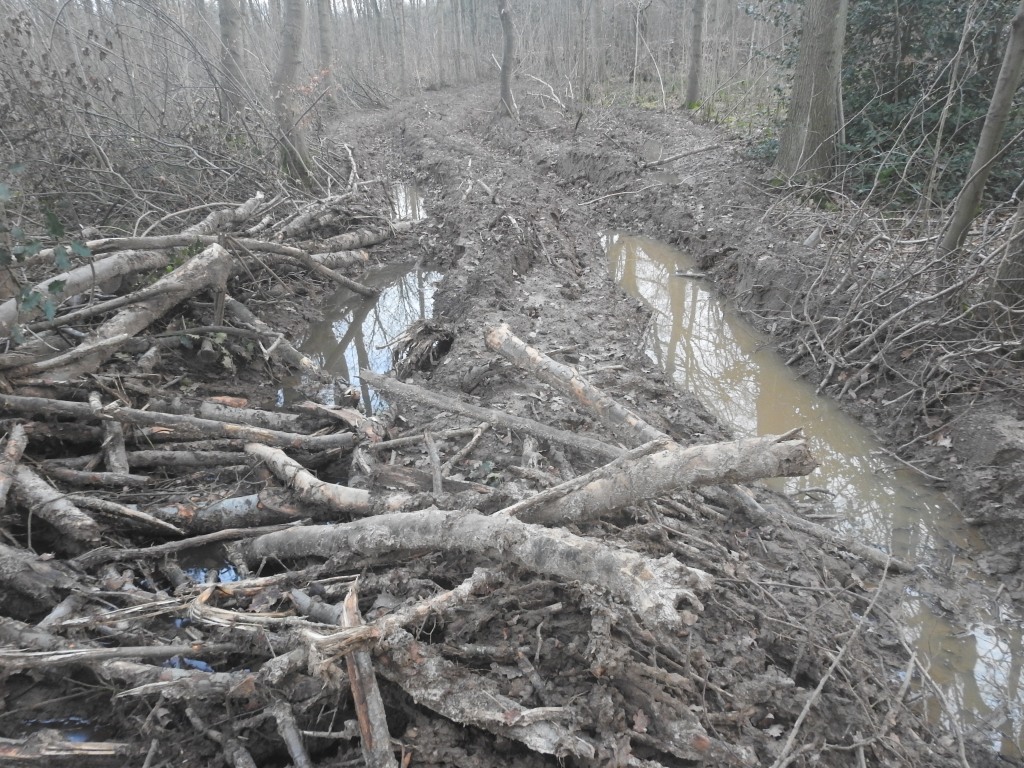
Pingback: Trouble in the Woods – Discussion & Updates 1 | ianswalkonthewildside